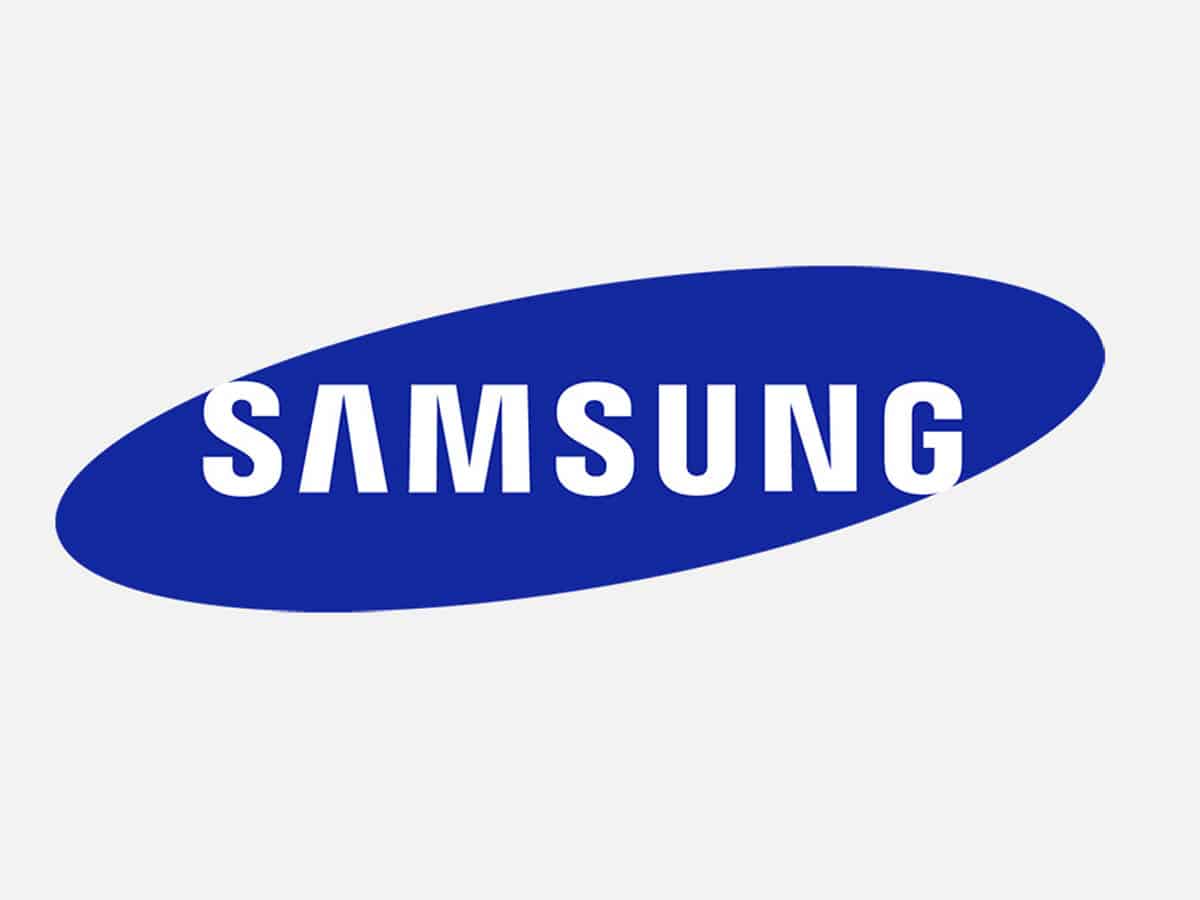Bengaluru: Samsung on Thursday announced a new industry-academia programme under which, its R&D institute here will collaborate with students and faculty at engineering colleges in India on new-age technologies like Artificial Intelligence, Machine Learning (ML), Internet of Things (IoT) and 5G to help solve real-world problems.
What is IoT(Internet of Things)
Internet of Things generally refers to scenarios where network connectivity and computing capability extends to objects, sensors and everyday items not normally considered computers, allowing these devices to generate, exchange and consume data with minimal human intervention. There is, however, no single, universal definition.
Future of Iot
The future of IoT has the potential to be limitless. Advances to the industrial internet will be accelerated through increased network agility, integrated artificial intelligence (AI) and the capacity to deploy, automate, orchestrate and secure different use cases at hyper-scale.
The potential is not just in enabling billions of devices simultaneously but leveraging the enormous volumes of actionable data which can automate diverse business processes. As networks and IoT platforms evolve to overcome these challenges, through increased capacity and AI, service providers will edge furthermore into IT and web-scale markets – opening entire new streams of revenue.
Called ‘Samsung PRISM’ (Preparing and Inspiring Student Minds), the projects under the programme will be taken up by a team of students and a professor, with a mentor from the Samsung R&D Institute Bangalore (SRI-B) training and guiding them, the company said in a statement.
“This program will draw from the strength of our academia and engineering students’ community, which undoubtedly is the best in the world”
said Dipesh Shah, Managing Director, SRI-B.
SRI-B is Samsung’s largest R&D facility outside of Korea. It has signed MoUs with ten engineering colleges to date and will add more colleges over the next few months.
The Samsung institute will collaborate with students and faculty at these engineering colleges, giving them research as well as development projects to be executed over four to six months.
Each engineering college can have multiple teams, and students will be selected based on a test conducted by SRI-B.
Samsung said that students would be encouraged to publish papers and file patents jointly with SRI-B.
“As we move forward, we want to blend the programme with the academic calendars of engineering colleges across the country, and also encourage students and faculty to publish quality papers and file patents,” said Shah.
SRI-B organised a pilot programme last year in which 150 teams worked on unique R&D projects.

